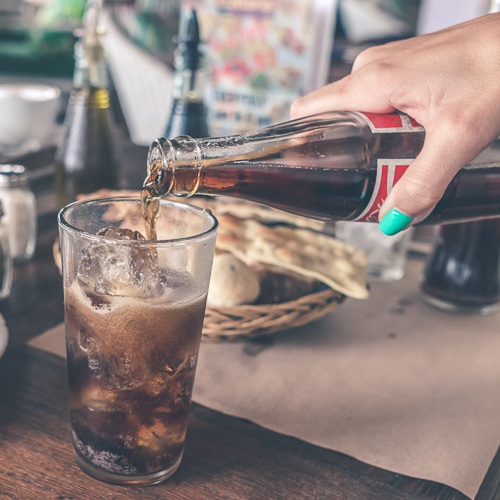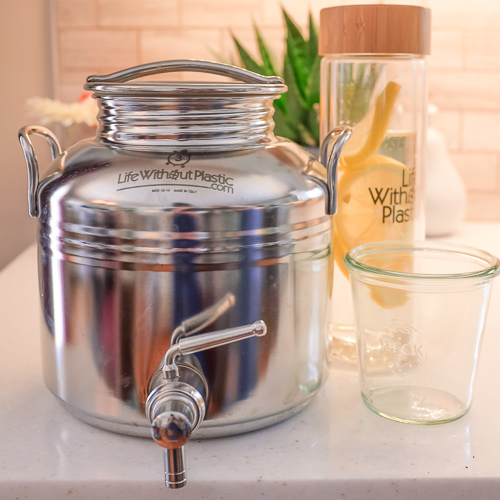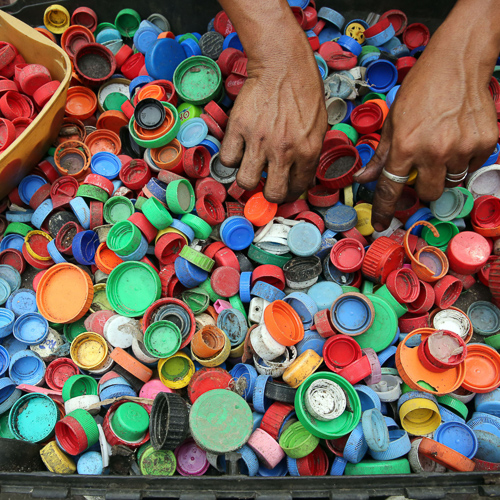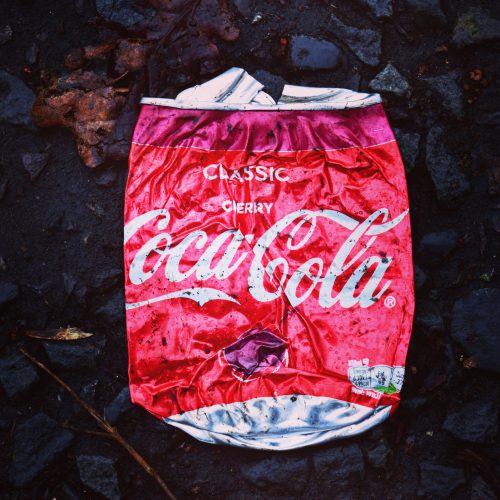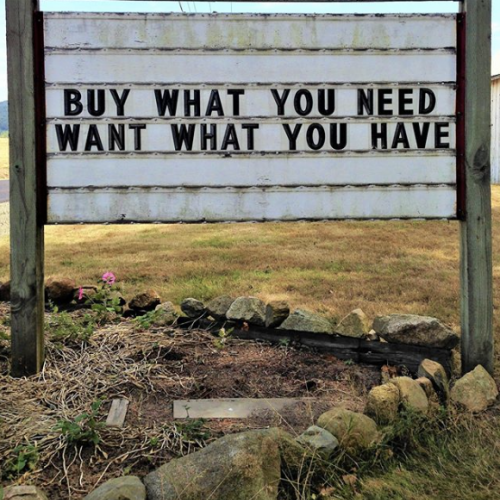6 March 2009 — I had hoped my second official post to this blog would be happier than my first, but alas, there’s breaking bisphenol A news that needs to be shared.
A Health Canada study entitled Survey of Bisphenol A in Canned Drink Products was recently posted on the Health Canada website and published in the Journal of Agricultural and Food Chemistry. Government scientists tested 72 kinds of canned pop – covering 84% of the market share of soft drink products sold in Canada – and found that 69 of them contained BPA at levels below the accepted daily intake pre-established by Health Canada. But peer-reviewed research increasingly indicates that exposure to extremely low amounts of BPA may lead to significant adverse health effects. For example, look into the ground-breaking research of Frederick vom Saal, a global expert on endocrine disruptors, including BPA.

